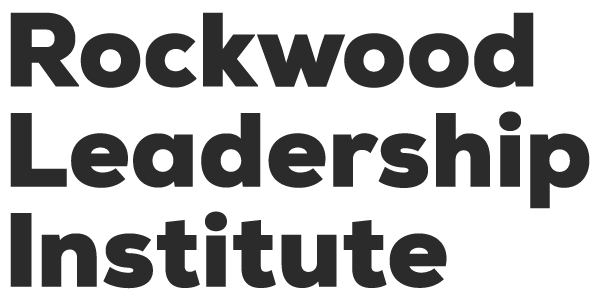
Photo Credit: michaelsessumphotos Flickr via Compfight cc
Tuesdays are Staff Meeting Day here at Rockwood. Each week, we all gather in the Training Room, and one member of our staff will guide us through activities that bring us closer together and keep us aligned.
But last Tuesday, our staff meeting was a bit different. Instead of starting with our regular “Need to Knows” or some mindful breathing, we took time to process our thoughts and feelings about Charlottesville.
Some of us voiced sadness, hope, anger, or a mixture of all three. Some of us said nothing. All of us felt the weight of this moment.
At the end, Akaya encouraged us to go home if we needed to, and to take care of ourselves in whatever ways felt right.
I don’t know how important that was for other staff members to hear, but I personally needed to be given that explicit OK to take care of myself.
The work of transforming the world doesn’t stop when something like Charlottesville happens. In fact, the work amps up, and those of us who have taken on the task of fighting for justice and liberation may feel like it’s the wrong time to slow down. That can make it hard to ask for the space we may need to cope with events like these that mean so much for us, for our ancestors, and for future generations.
So how do can we as leaders help our staff and coworkers cope when there’s so much to be done? How do we help ourselves when others are looking to us for strategy and vision?
It is possible for everyone to get what they need while also getting the work done. We here at Rockwood live that every day, and we’d like to share how to make it possible at your organizations and in your communities:
1. Make and hold space
After events like Charlottesville, gather together and then just… talk. At Rockwood, we might include some time for journaling, mindful breathing or meditation, sharing in pairs, or just an open space for people to share what’s on their hearts. The amount of time doesn’t have to be long; 30 minutes to an hour should be more than enough, depending on staff size.
2. Let people take time off
When we’re triggered, we’re not able to access our full set of resources, meaning we’re probably not doing our best work. Lacking focus and / or energy doesn’t just negatively impact what we do that day, either: not having time to grieve, process, and be with our emotions can affect how we show up for weeks after, too.
3. Combat white supremacy in yourself / your organization
It’s no secret that our sector is struggling with issues around race and racism, and has been for many years. Whether Charlottesville was a wake-up call for you, or you’re seeing your staff and coworkers beginning to acknowledge the institution of white supremacy deeply embedded in this country, now may feel like exactly the right time to do the work required to shift your organization’s culture. Here are a few resources to help:
- “Things you can do re: Charlottesville” community Google Doc
- Fakequity
- The Charlottesville Syllabus
- Challenging White Supremacy resources
- Racial Equity Tools
- Anti-Oppression Resources & Exercises
- “Tools, Frameworks, and Resources to Challenge Racism” from CompassPoint
- Showing Up For Racial Justice (SURJ)
(Know a resource we should include here? Let us know!)
4. Take action as an organization
There are many ways our organizations can collectively support Charlottesville, and continue the work that’s started there, including donating under the organization’s name, hosting an event to process the event or plan resistance, or petitioning to have local Confederate statues removed. Not only is this a good way to take action together as a group, but it also builds connection within the organization, which has been shown to have a lot of benefits.
5. Revisit organizational vision, purpose, and strategies
We periodically revisit Rockwood’s vision together as a team, and brainstorm what we might do next to fulfill it. We’ll be doing this again later this month, and the context of a world post-Charlottesville will no doubt affect that work. Many of us explored our purpose and created strategic plans, mission statements, and vision stands long before the 2016 election, and may now be feeling off-track or disconnected from those things. It’s definitely a big step, but revisiting these core pieces can help strengthen and focus the work in a way that is more useful in the face of today’s challenges. To make it easier, there are a variety of free tools out there, like this Visioning toolkit from our partner Social Transformation Project (they have tools for Equity & Inclusion, too).
There are many ways we can process, heal, and fight, both as organizations and as individuals. People are marching, praying, painting, singing, dancing, casting spells, writing poems, organizing rallies, donating money, and calling their representatives. No matter what we choose to do, what matters most is that we do something.
What are some ways you and your organization are responding to Charlottesville?

